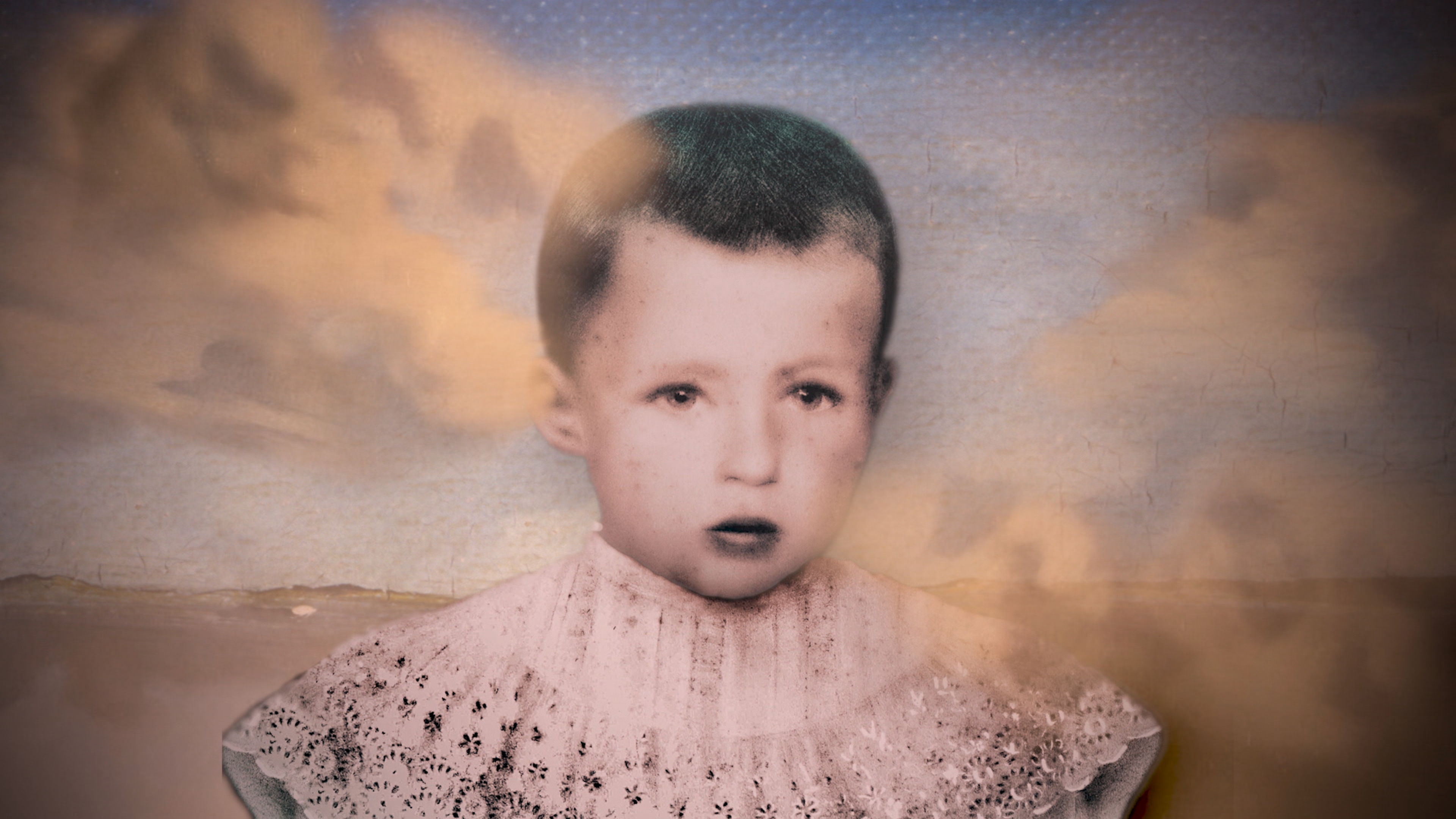
Are dreams just our imagination or mirages?
In many religious traditions, dreams are seen as a gateway to the sphere of the divine. Are dreams just "foams", mirages?
Or do they say something true about people, repressed or unconscious about their lives, their relationships and even their reference to transcendence?
"When someone asks me what dreams mean, I say with deep conviction, also from personal experience in dealing with dreams, dreams whet your appetite for being alive," says theologian and psychotherapist Arnold Mettnitzer. It was a common belief in antiquity and in the ancient Orient that the divine speaks to man in dreams - and thereby opens a door to transcendence for humans.
From antiquity to the Middle Ages, dreams and dream interpretation even belonged to the holistic view of a human being. It is therefore not surprising that fairy tales, myths and legends, music and the visual arts deal with this topic again and again.
The only question WHY we dream is still largely unanswered. What happens to us as when we slide into a seemingly different world? And what is that even supposed to be, a dream? To what extent are dreams relevant to one's own way of life? And do they perhaps even contain important insights that are not accessible in the wakefulness?
"Well, I like to define the dream broadly, as a subjective experience one has while sleeping. And the important or interesting thing is that this experience in the dream is practically independent of the outside world,” says neurologist and sleep researcher Francesca Siclari. She has been dealing with dreams for years and is working on a large-scale dream study at the University Hospital in Lausanne.
Targeted sleep coaching, such as learning how to “dream lucidly”, can be helpful for nightmares that are so strong that they become a torment. Because with the help of the so-called clear dreaming, it is possible to consciously intervene in the dream event.
"The striking difference between a dream and a lucid dream is that in a lucid dream you recognize that you are dreaming and at the same time are aware that you can make a decision," says psychotherapist Brigitte Holzinger, head of the Institute for Consciousness and Psychology Dream research in Vienna. "For many patients, the certainty of being able to control dreams helps to significantly reduce the rate of nightmares."
A documentary about dreaming cannot ignore him: Sigmund Freud. At the latest since his "Dream Interpretation" - published in 1900 - it has been clear that dreaming is not a passive state, but an active event that, according to Freud, is controlled by the subconscious. "This is a turning point: Suddenly it is possible to have the dream as the object of a theoretical, academic, scientific debate," the cultural scientist and philosopher Murat Ates is convinced of it. For years he has been working on the phenomenology of dreams.
Even if medicine and research largely agree that dreams have a meaning, they have not yet been completely clarified. "Kreuz und Quer" dares to approach it and talks to Charlotte Aigner from the Austrian Franz Kafka Society about dreams and dream images in the life and work of the writer Franz Kafka, visits the dancer and psychotherapist Žiga Jereb, whose dream has changed his life a bit, and talks to the theologian and psychotherapist Arnold Mettnitzer about the interpretation of dreams in biblical stories and their relevance for our daily life today.
In her film director Karoline Thaler visualized the world of dreams with extraordinary image montages.
Production | Clever Contents GmbH on behalf of ORF 2
Genre | religious magazine
Author | Karoline Thaler
Cut | Dominik Kubisch
Production manager | Ronald Graf
Length | 35 minutes
Year of production I 2022
First broadcasting | June, 21st 2022 in Kreuz und Quer on ORF 2
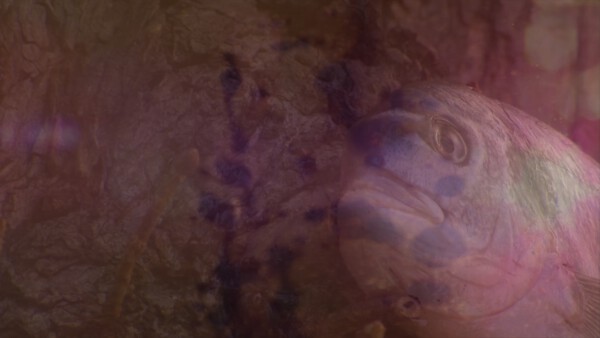
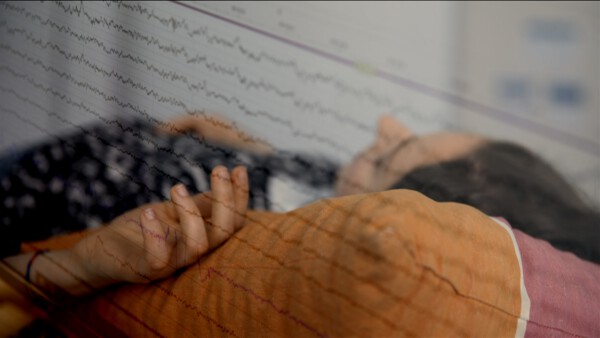
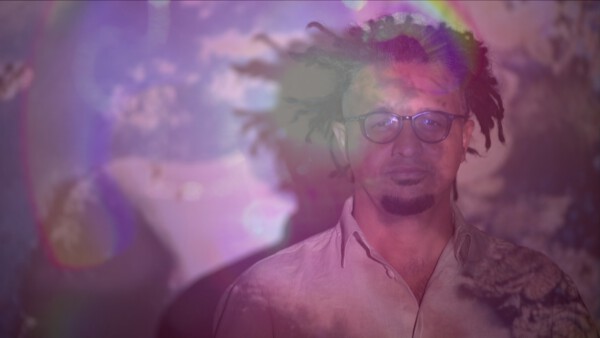
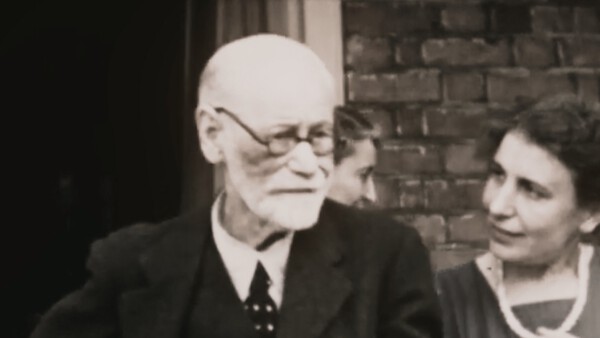

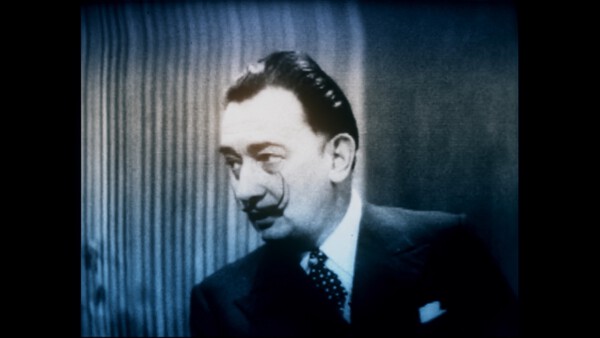
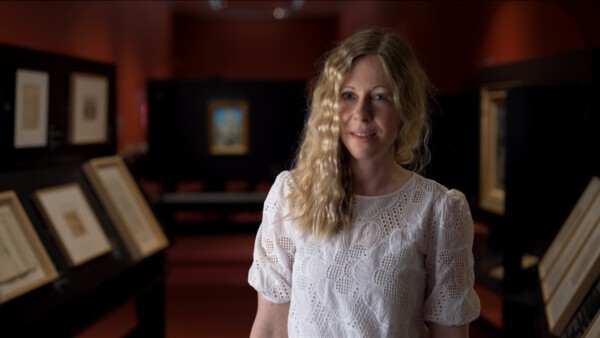
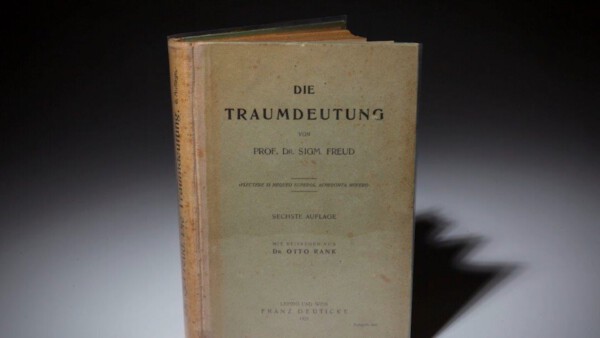
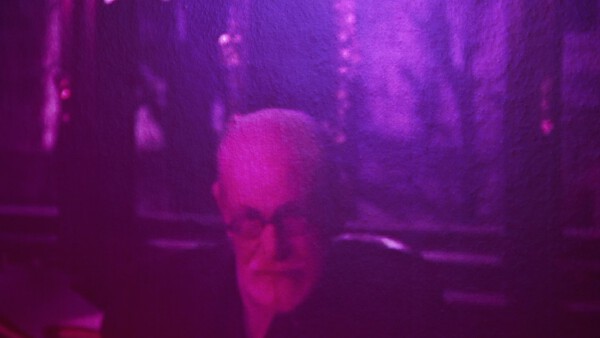
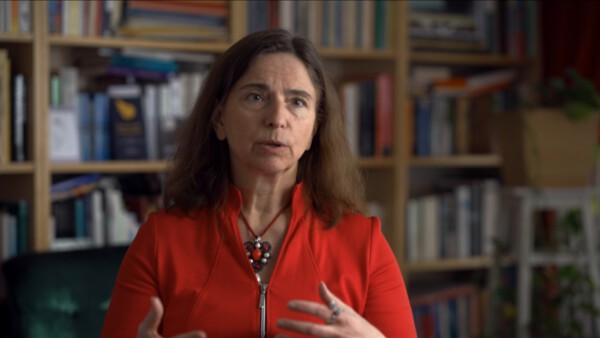
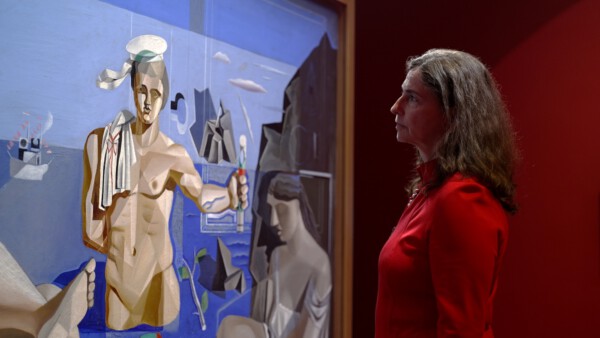
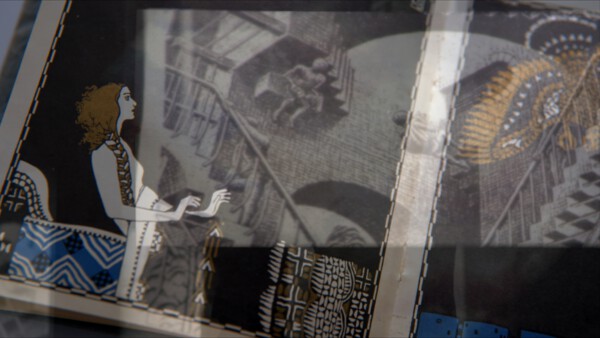
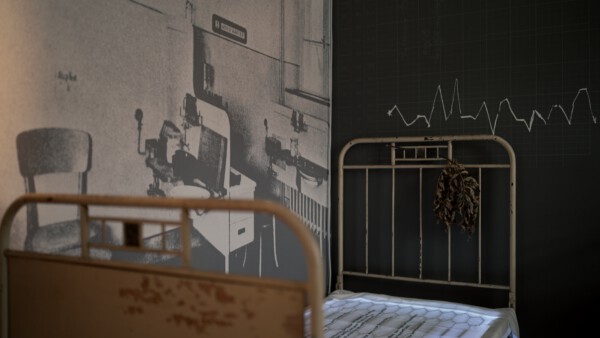
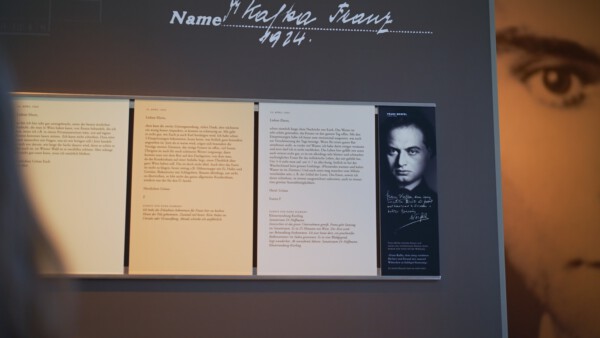
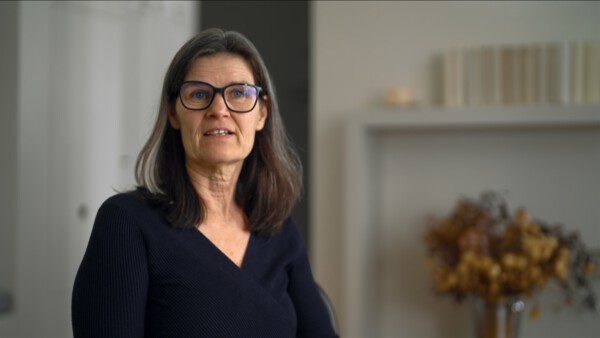
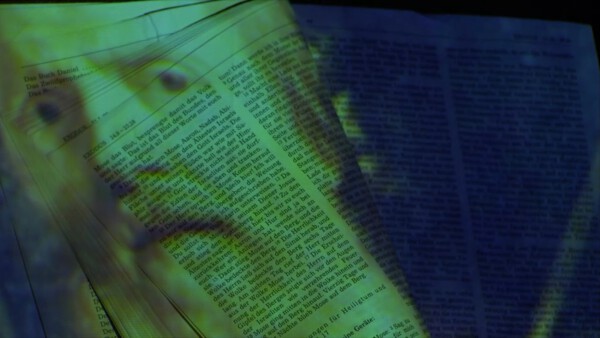
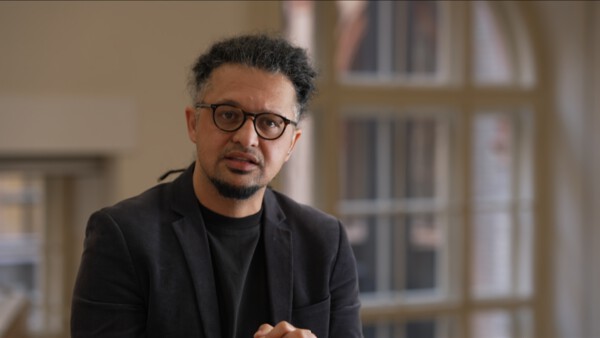

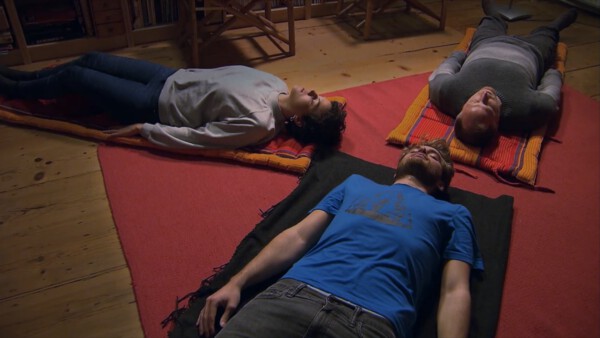
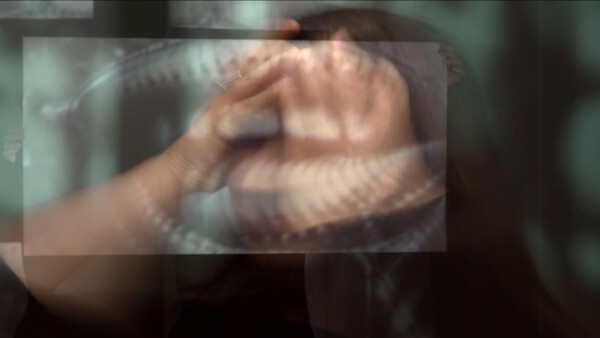
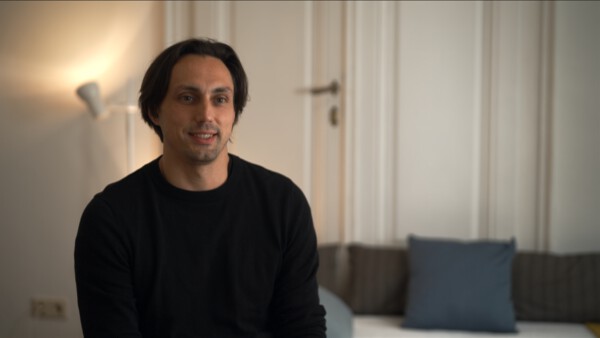
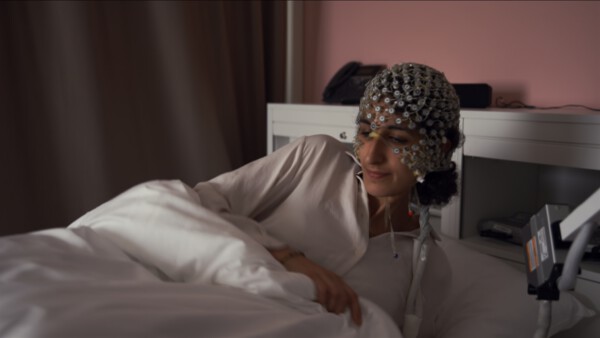
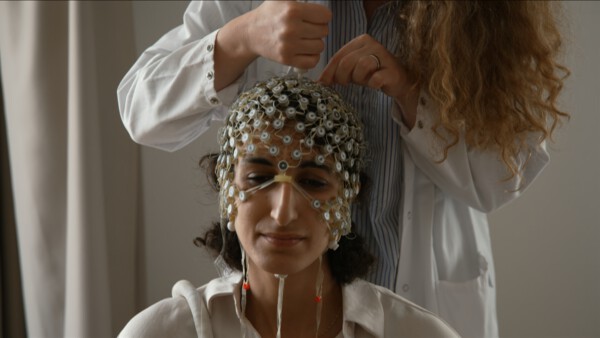

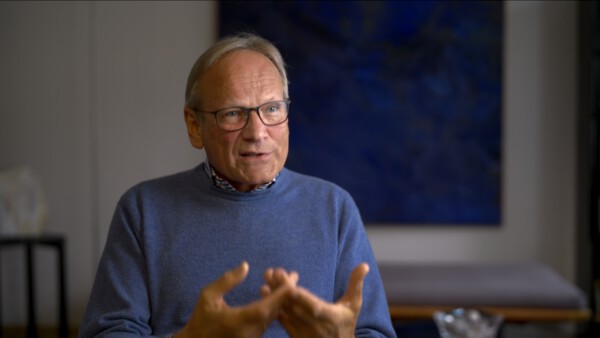
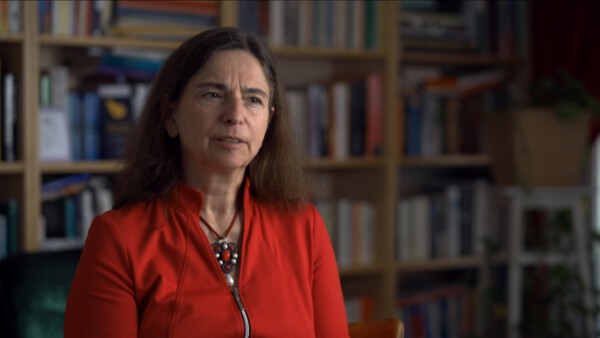
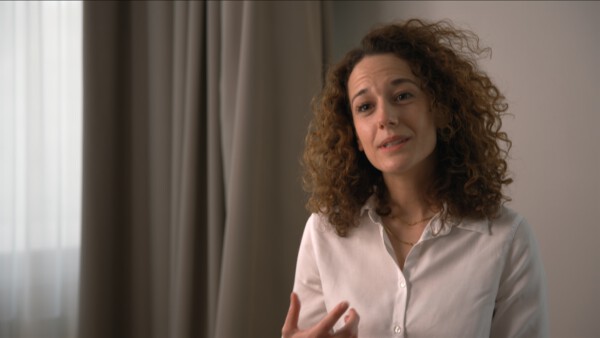

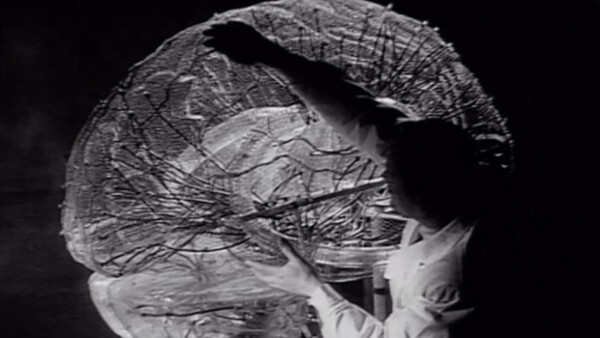

© Clever Contents GmbH 2025, Imprint, Data security, AGB